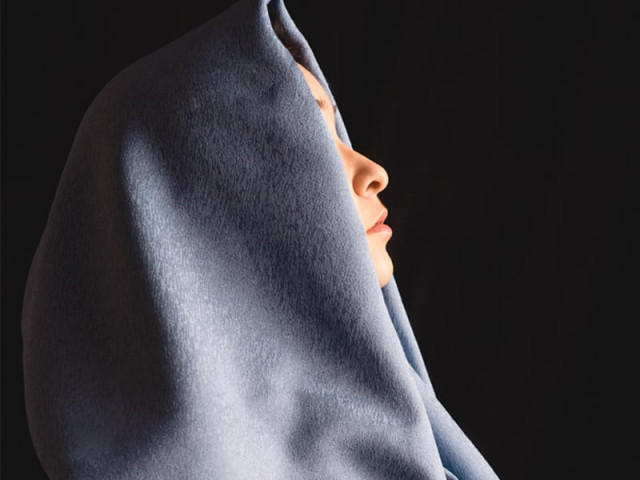Prevention of anti-women practices: Activists hail the bill, but warn protests if blocked
Women rights activists and parliamentarians discuss its minutiae.

Women right activists and parliamentarians on Thursday termed the passing of the “Prevention of Anti-Women Practices (Criminal Law Amendment) Bill 2011” a landmark towards women empowerment. Though jubilant, they warned that if the Senate tried to block the bill they will stage a sit-in outside the Parliament House.
The activists stated this at a reception ceremony organised by Aurat Foundation’s Legislative Watch Programme for Women Empowerment at a local hotel.
The chief guest at the reception, Member National Assembly (PML-Q) Dr Donya Aziz said, “It hasn’t been easy. I and other supporters in the National Assembly and its standing committee have faced a lot of resistance against the passing of this bill.”
Responding to various comments and concerns raised by the speakers, Aziz said many Senate standing committee members have argued that the punishment for forced marriages and marriage with the Holy Quran should be lessened.
She welcomed any amendment to the bill proposed by the senators or concerned civil society organisation, adding that to make the bill “a perfect piece of legislation”, the lawyers from the lower courts shall also be consulted.
Senator Nilofar Bakhtiar said that loopholes in the bill shall be removed in the Senate.
She suggested that if the bill needs to be heavily amended, it will have to be resent to the National Assembly to be passed again. “This would further delay the passage of the bill,” she added.
Responding to Senator Bakhtiar’s suggestions, Aurat Foundation Chief Operating Officer Naeem Mirza said that as the bill is with the Senate, the civil society and women’s rights organisations and activists are hopeful that it will be passed and made into an act.
“If the Senate blocks the bill, the civil society would stage a sit-in in front of the Parliament House,” he added.
Meanwhile, activist Samar Minalah said it is important that “sung-chati”, a kind of child marriage similar to “swara” and “vani”, is also added to the bill as liable to punishment.
Similarly, Mohsin Akhtar Kayani, a lawyer by profession, said that child marriage customs like vani and swara have not been defined in any law.
Referring to the bill, he said that the victims of these customs, who have been deprived of her property succession, must be given back their rights after determination of the legal heirship.
He further said that forced marriages must be declared null and void, and a person who arranges or facilitate such marriages must be included among the witnesses, like the registrar and the maulvi.
Any victim, whether woman or child, must be entitled to take maintenance or other rights based on the period of marriage, he added.
National Commission on the Status of Women (NCSW) Chairperson Anis Haroon presided over the reception, while Nilofar Bakhtiar, Tahira Abdullah, Samar Minallah, Rehana Hashmi and Aurat Foundation Chief Operating Officer Naeem Mirza were the panellists.
Published in The Express Tribune, November 18th, 2011.


















COMMENTS
Comments are moderated and generally will be posted if they are on-topic and not abusive.
For more information, please see our Comments FAQ